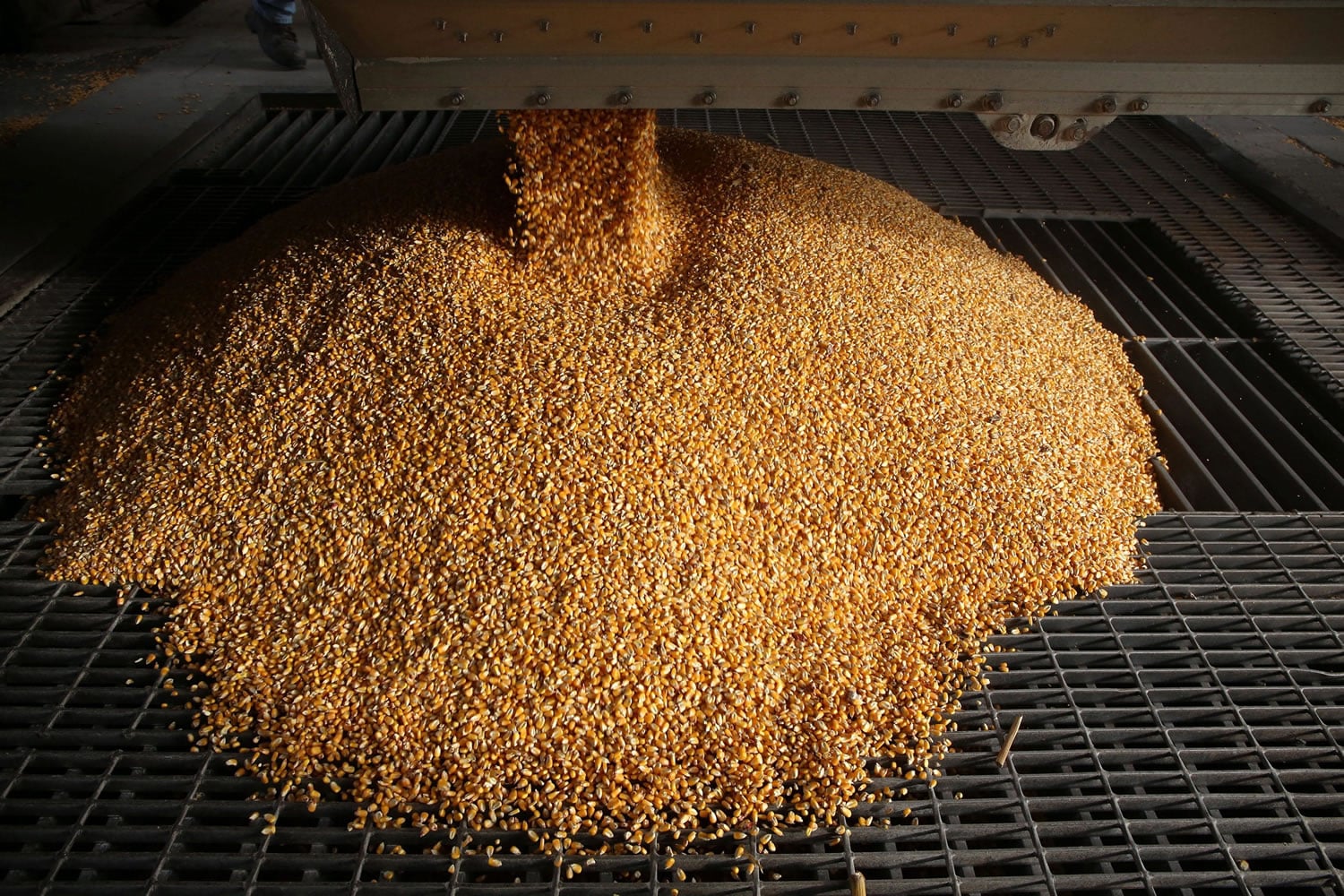CHICAGO — If you’ve had a soda, a bag of chips or a store-bought cookie in the past 20 years, chances are you’ve eaten genetically modified organisms — better known as GMOs.
For years, food containing GMOs have lined the shelves of American grocery stores with little protest. Those ingredients — derived from crops bioengineered to resist herbicides and pests — are deemed perfectly safe for consumption by the federal government and the food industry.
But a growing wariness among consumers — and increasing concern among scientists over a herbicide commonly sprayed on the crops — has led to a national fight over whether foods containing such ingredients should say so on the label.
Several states are pushing forward with laws requiring foods with GMOs to be labeled. A Vermont law that mandates labels — the first of its kind — takes effect July 1 and has legislators scrambling to pass a bill through Congress that would keep labeling voluntary and prevent states from passing their own laws.
Large food manufacturers, including Kraft Heinz and Oreo maker Mondelez International, support voluntary labeling, saying mandatory labels would mislead consumers and that the extra labeling and production costs could be passed on to customers.
For many consumers, the issue is clear: They want to know what’s in their food.
“We have a right to know what we put in our bodies,” said Tamara Holley, 53, of Chicago, as she left a Whole Foods Market. “And companies should be held responsible for that.”
Last spring, the cancer research arm of the World Health Organization declared glyphosate, the most commonly used herbicide on GMO crops, to be a probable carcinogen. And just last month, the FDA announced it would begin testing food products sold in the U.S. for glyphosate residue.
State legislators across the nation introduced 101 bills last year pertaining to GMOs. Of the 15 that passed, four had to do with labeling, according to the National Conference of State Legislatures.
A bill introduced by Illinois state Sen. David Koehler, a Democrat, requiring disclosure of genetically engineered ingredients stalled in committee.
More than 90 percent of corn and soybeans grown in Illinois is genetically modified, said Adam Nielsen, director of national legislation for the Illinois Farm Bureau, which opposes mandatory labeling.
The labeling issue appears to be coming to a head in Congress. Earlier this month, a Senate bill that would establish a “national voluntary standard” for GMO labeling was voted out of the Agriculture Committee. Sponsored by Sen. Pat Roberts, R-Kan., the bill would pre-empt state laws, such as Vermont’s. It has widespread support from the food industry but was stalled last week.
Roberts has framed the debate as an economic issue, not a matter of safety, and noted the regulatory oversight already in place from three federal agencies: The U.S. Department of Agriculture’s Animal and Plant Health Inspection Service, the Environmental Protection Agency and the Food and Drug Administration.
Opponents of Roberts’ bill have dubbed it — and a similar bill that passed the House last summer — as the Denying Americans the Right to Know or DARK Act. Many of them support an opposing bill, sponsored by Sen. Jeff Merkley, D-Ore., which would establish a national standard for mandatory labeling.
Mandatory labeling is “inherently misleading” because it appears to be a warning when the food is completely safe, said Mike Gruber, senior vice president of federal affairs for the Grocery Manufacturers Association, the industry trade group representing large food and beverage companies.
“The most important thing is to have a national (voluntary) standard and not a patchwork of state mandates,” Gruber said.
Until the 20th century, everyone knew where their food came from, said Steve Moose, professor of maize genomics in the Department of Crop Sciences at the University of Illinois. But that changed with advances in agriculture and technology, and the GMO labeling issue is part of a larger movement to reconnect to the food supply, Moose said.
The GMO crop movement took off in 1996, when Monsanto Co. introduced Roundup Ready soybean seeds, genetically modified to resist Monsanto’s glyphosate-based herbicide. Similarly marketed cotton, canola, corn and sugar beet seeds soon followed.
Genetically modified crops don’t present a health risk, but the herbicides used on them are “a big problem,” said Dr. Philip Landrigan, dean for global health at the Mount Sinai School of Medicine in New York City and an expert on environmental health concerns and children.



